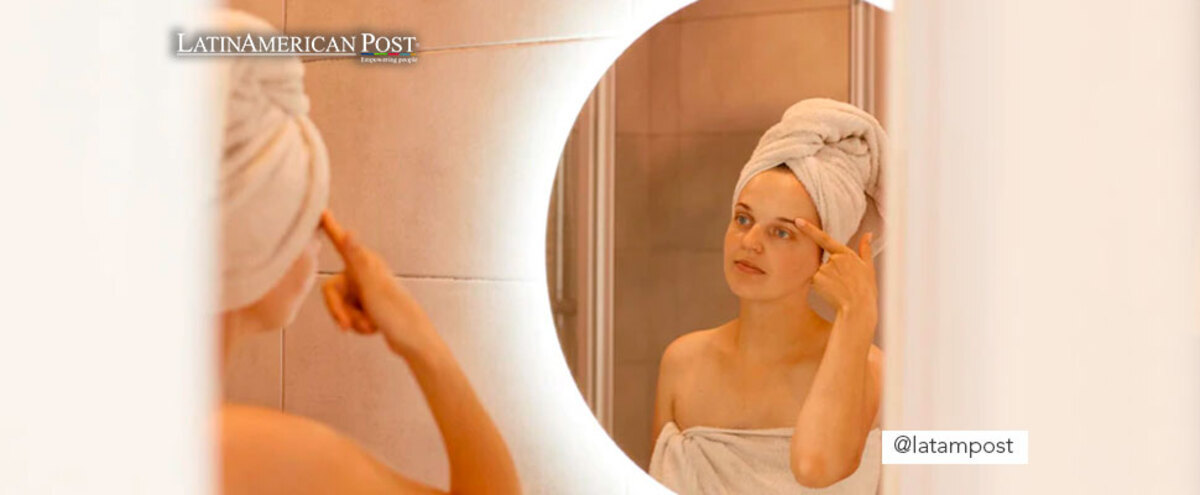Benjamin Button Effect: Can Aging Be Reversed?
David Sinclair, a Geneticist at Harvard University, Managed, Together with his Team, to Reverse Aging in Mice. Is it Possible to Achieve a Similar Effect in Humans?.

Photo: Freepik
LatinAmerican Post | Joshua Radesca
Listen to this article
Leer en español: Efecto Benjamin Button: ¿Se puede revertir el envejecimiento?
Getting older is an inevitable part of the human experience. It has always been considered an inescapable fact that over the years the human body deteriorates and loses the vitality and strength of the first decades of life. Thus, when an individual reaches an advanced age, typical diseases of old age appear in him. It is also usual for elderly people to remember with longing both the appearance and the health they enjoyed during their youth. Even, there are not a few who affirm that they would give anything to be 10, 20 or 30 years younger again.
The latest scientific studies in the area of aging seem to indicate that the desire to stay physically young and healthy, at some point could stop being a wish, or something possible only in fiction, to become a reality. Research such as that carried out by the professor of genetics at Harvard University, David Sinclair and his team, are laying the foundations so that in the future humanity may have a method to delay or "cure" old age.
In a scientific article, Sinclair and his team explain how they were able to rejuvenate the cells of a mouse, thereby allowing the rodent to recover the vision it had lost due to its age. "Now we have control over the aging process" assured the professor from Harvard at a recent conference where he also noted advances made in his lab. "We know that it will be possible to extend human life beyond what we can currently imagine," Sinclair also said.
What are the advances obtained with this research? What could be its influence in the future? That is what we will tell you in this article.
Aging as a disease
David Sinclair is a geneticist who has spent more than twenty years studying why we age, in order to find a way to deal with it. He runs a lab at Harvard. He is the author of the bestseller “Lifespan: Why We Age―and Why We Don't Have To”, and has received dozens of awards for his work.
This researcher considers aging as a disease that could be treated, and even cured at some point. Sinclair explains that “we need to protect the whole body from the ravages of aging, in fact, most of the diseases that kill us today are not heart disease, cancer and Alzheimer's. These are just names for the effects of aging on the body." Following this idea, he assures that “if we tackle aging, if we reverse aging, these diseases should not occur”.
Is a Benjamin Button effect possible?
In the 2008 film “The Curious Case of Benjamin Button”, the story is told of a man who is born with the appearance of an old man and who would grow younger over the years. This fictional story raises the idea of a body that reverses the natural process and manages to rejuvenate. This has inspired the expression “Benjamin Button Effect”, which can be used to refer to treatments that seek to reverse the passage of time in the human body and offer natural-looking results.
Sinclair's work seems to point in this direction. “You can take the age of a cell to zero and turn it into a stem cell. There is a set of genes called Yamanaka genes that do that. What we did in my lab was take a subset of those genes, three of them. Those three genes that are normally used to make an embryo, when we put them into an adult mouse, actually made the mouse younger," the Harvard professor explained. The researchers used this procedure to repair a damaged optic nerve in a rodent, thereby restoring vision comparable to that of its youth.
Also read: Keys to increase fertility on a day-to-day basis
What has been achieved with this research is to make an organ return to a previous point of itself and start a new aging process. Sinclair asserts that in his laboratory they have managed to rejuvenate the brain and muscles of mice. They currently work to do the same throughout their bodies.
“I predict that one day, it will be normal to go to a doctor and get a prescription for a drug that will set you back a decade,” the geneticist said.
What to do to slow down aging?
Although the advances of this research are promising, there are still years before they can be used in humans. In the meantime, Sinclair shares several basic strategies for slowing the aging process. Some of them are moving away from traditional diets focused on three meals a day and prefer those that encourage fasting and limit the number of meals per day, lose your breath by exercising, reduce stress, eat lots of plants and sleep well.
As can be seen, this type of research promises to change the way in which human beings must deal with the ravages of time, making it possible for us in the future to remain brimming with youth and energy for more years.




